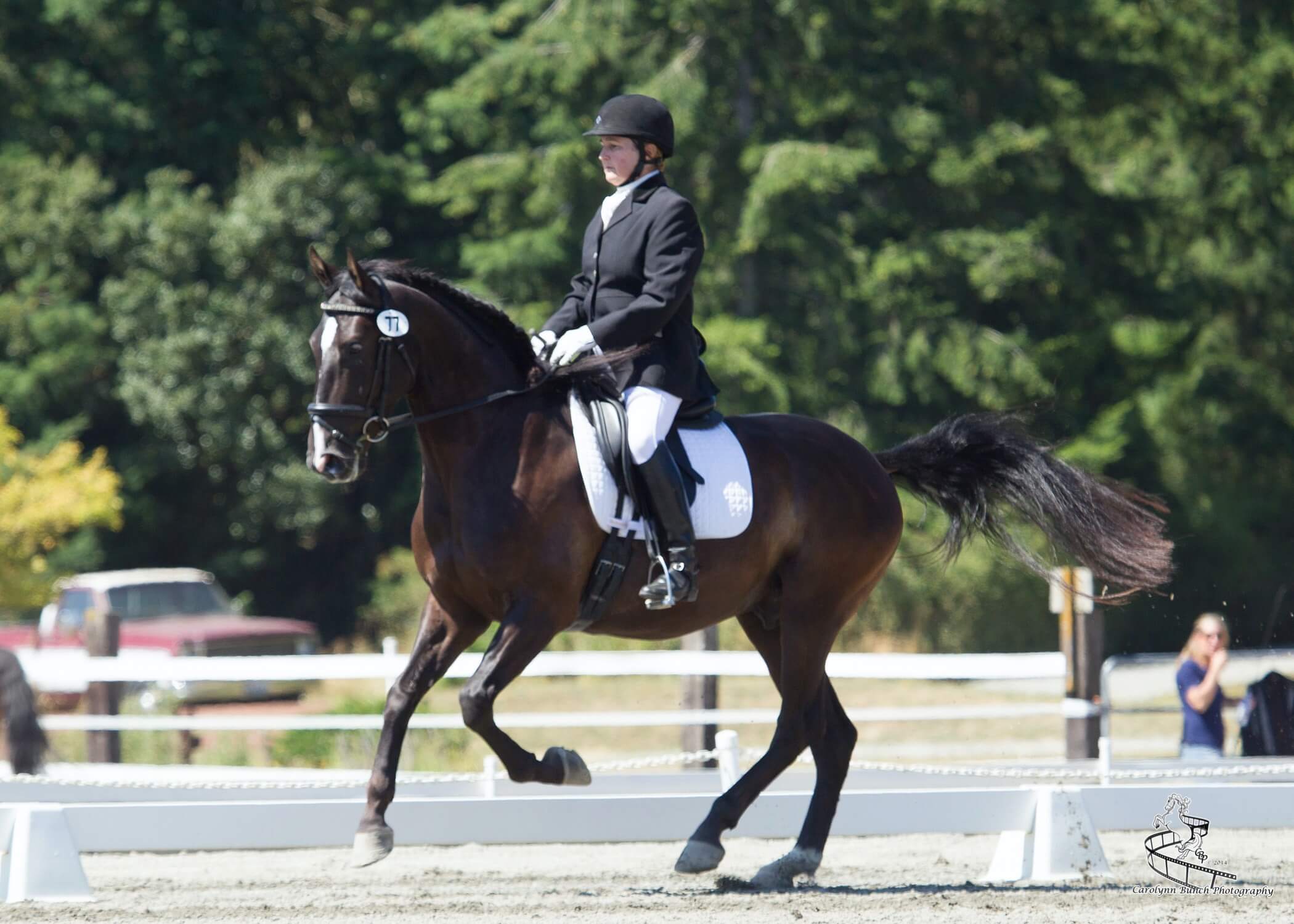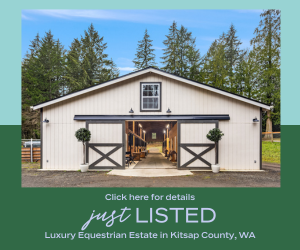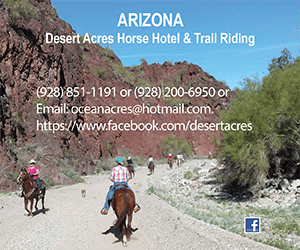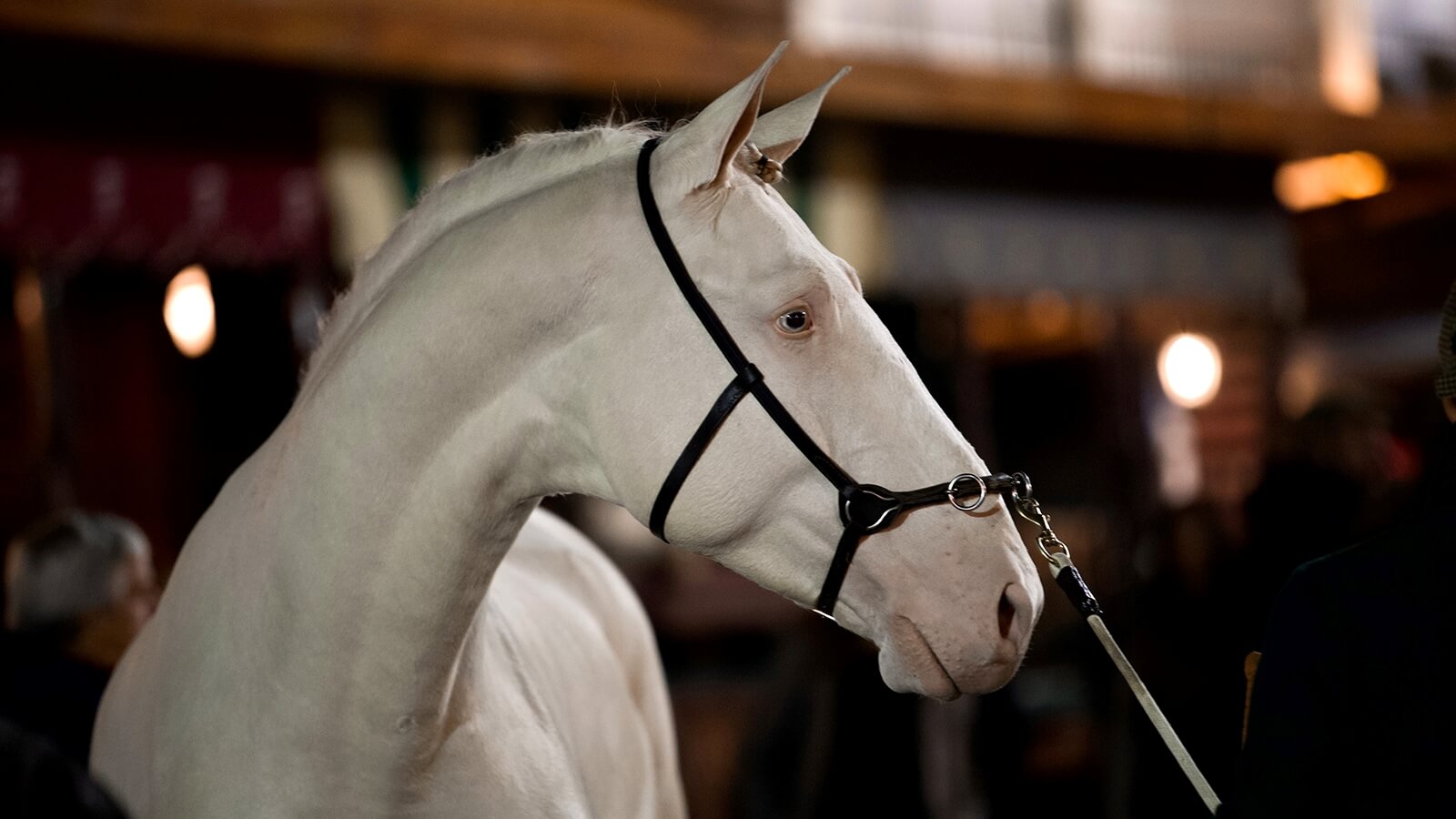Relationships are complicated. Whenever two beings come together both good and bad things can result—sometimes at the same time. Problems arise with horses (and people) when we think ownership allows us the right to change the essence of a horse to make him do or be whatever it is that we desire. If the horse is a willing partner and our personalities match up, magic happens. But it takes two to tango.
If the horse and rider aren’t well-suited, the rider/owner either needs to change her dream or let that horse go by selling him or by giving him to someone who can work with him. Sometimes, our greatest growth as horsemen comes when we change our ambitions and techniques to better suit a relationship that’s not working.
If you are an ambitious rider of any kind, whether it’s endurance races or barrel races you hope to win, you need a horse suitable both physically and mentally for that pursuit. Breeding is important. You wouldn’t use a Pug to hunt ducks, and a 17-hand warmblood horse won’t excel in cutting. Know what you want to do before you buy or breed.
Even when you think you have the right horse for the right job, things might not work out. Every horse is an individual (obviously) and though his breeding might be impeccable he may have physical or emotional issues that make it impossible for him to be successful in your chosen pursuit.
One thing I know for sure: forcing a horse won’t work. If your horse doesn’t have the desire and/or physical ability to jump big fences, then he won’t jump big fences. Horses learn and progress much like people—they give the most when they want to give, not when they are forced to.
When purchasing a horse, it’s important to feel that emotional pull, or love, towards that horse. But it’s also essential to use your brain. Is the horse able to do what you want to do? Has he got the physical/mental ability? And if not, what will be my course of action? Will I be able to sell him or give him away or retire him? Thinking through the different scenarios of horse ownership is our duty before buying or breeding. Don’t let your heart overrule your brain.
See this article in the January/February 2022 online edition:

Kim Roe grew up riding on the family ranch and competed in Western rail classes, trail horse, reining, working cow, and hunter/jumper. She trained her first horse for money at 12 years old, starting a pony for a neighbor.
Kim has been a professional dressage instructor in Washington state for over 30 years, training hundreds of horses and students through the levels. In recent years Kim has become involved in Working Equitation and is a small ‘r’ Working Equitation judge with WE United.
Kim is the editor of the Northwest Horse Source Magazine, and also a writer, photographer, and poet. She owns and manages Blue Gate Farm in Deming, Washington where she continues to be passionate about helping horses and riders in many disciplines.






